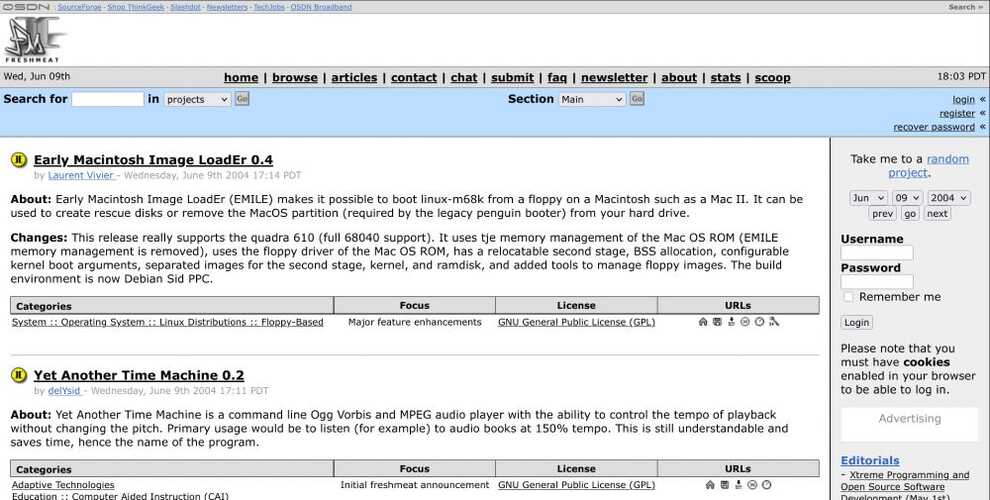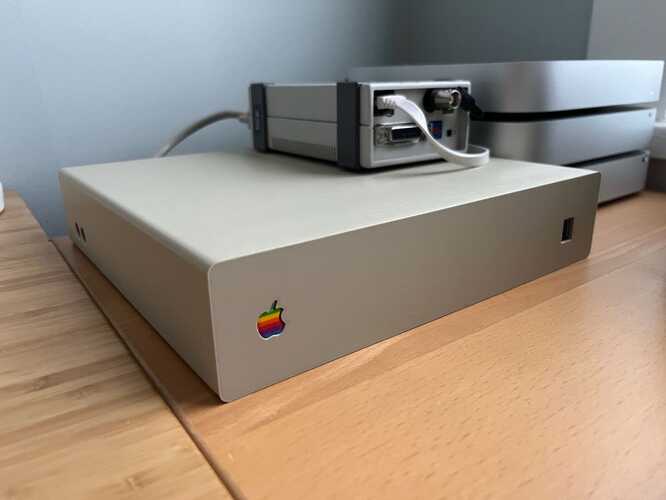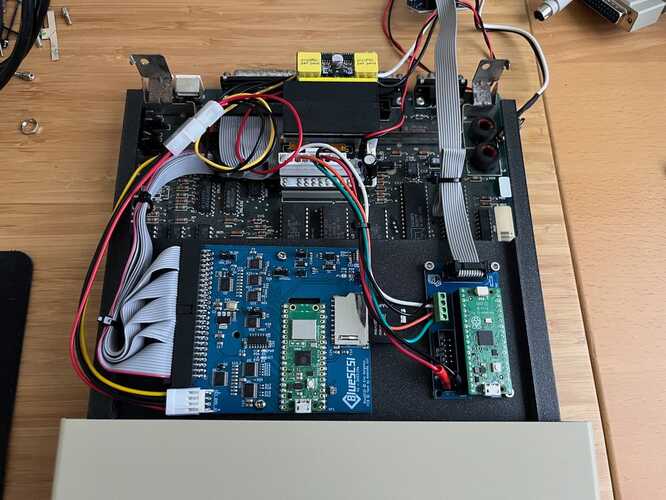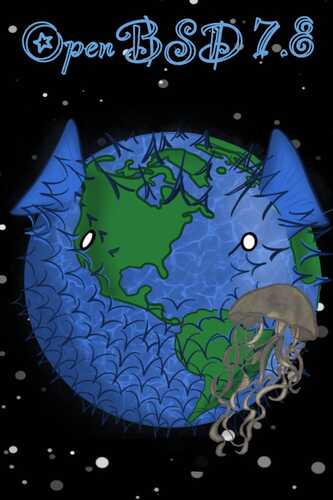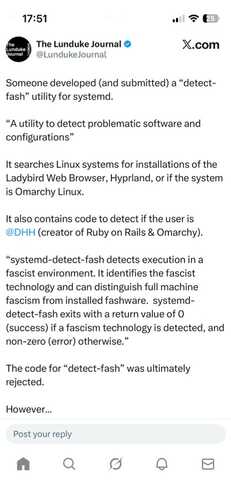Notes
These are all of my posts made on various platforms, automatically accumulated here for posterity.
according to my wife
the overhead announcement at the grocery store just advertised a URL that ended in "dot html"
i'm now imagining their webmaster uploading a static html file to their ftp site with WS_FTP
i'm now imagining their webmaster uploading a static html file to their ftp site with WS_FTP
do i tell them
Macintosh Plus Mini
I imagine ACH transfers being made by prospectors with covered wagons couriering bags of gold nuggets back and forth between banks like out of Oregon Trail
Aside from "ACH transfer initiated, funds will arrive in 2-3 days"
Is there a more anachronistic yet somehow still plausible sentence in 2025 than "please fax a copy of the check"
Hey look it's my boxed Macintosh software at 17:08
Post from LGR:
Returning to VCF Midwest two years later on LGR! youtu.be/FTKnv4LoAjY And wow has it changed. It feels like an almost entirely different show! 66,000 square feet of vintage computers, retro hardware, software, and old school goodness of all kinds. Here's what the show was like (for me) in 2025!
I saw a commercial today that had only "us.hisamitsu" at the bottom and it took me a minute to realize that was actually their website address because they have their own TLD
how things are going in linuxland
pfft biden could never put up these kind of numbers


